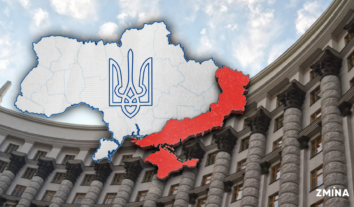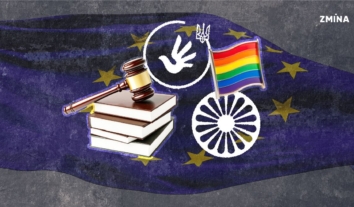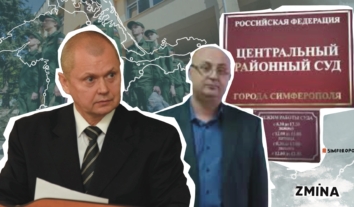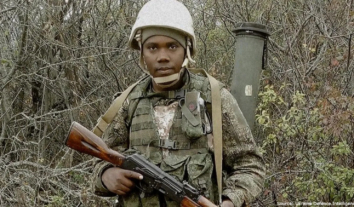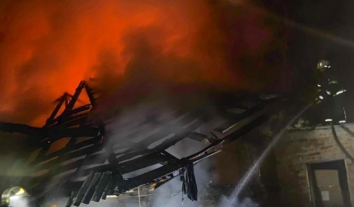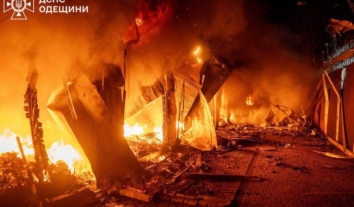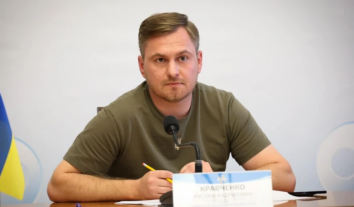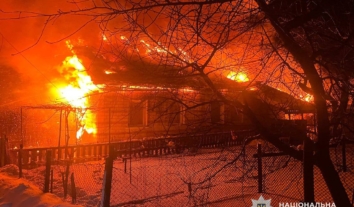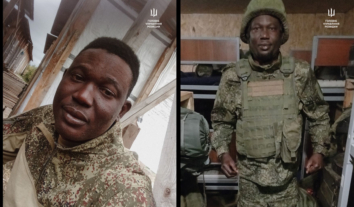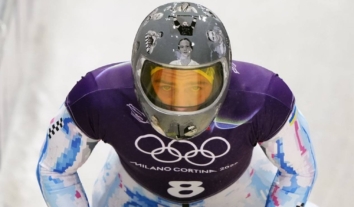Russia claims ‘universal jurisdiction’ to try Ukraine for human rights crimes
Russia’s Investigative Committee has claimed that “the situation in the south-east of Ukraine is nothing less than genocide of the Russian-speaking population” and that, therefore, in accordance with international law “it cannot stand on the side-line”.
The Investigative Committee’s ‘criminal investigations’ include those against former pilot and Ukrainian MP Nadiya Savchenko whose release has been demanded by all European structures and the international community.
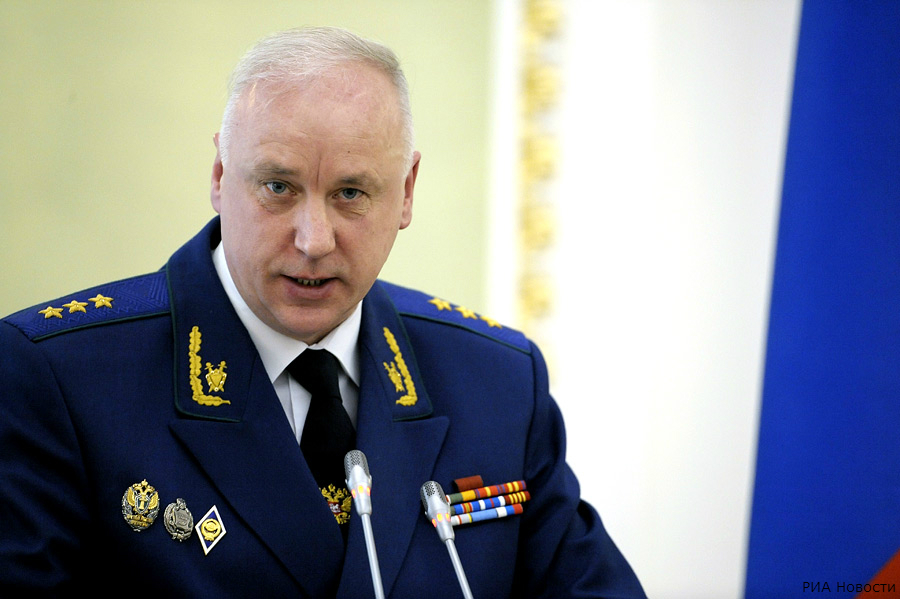 Despite media hype, there was relatively little that was new about the accusations against Ukraine in the address given on Sept 3 by Alexander Bastrykin, head of the Russian Federation’s Investigative Committee [ICRF]. Bastrykin claimed that his body has carefully studied the issue of Russia’s jurisdiction and has concluded that “the norms of international humanitarian law give Russia all grounds for exercising its universal jurisdiction in examining such a category of cases. In other words, the initiation of criminal cases over genocide, as well as criminal prosecution with regard to the higher political and military leadership of Ukraine by ICRF is lawful and well-founded, both from the point of view of Russian legislation and international law.”
Despite media hype, there was relatively little that was new about the accusations against Ukraine in the address given on Sept 3 by Alexander Bastrykin, head of the Russian Federation’s Investigative Committee [ICRF]. Bastrykin claimed that his body has carefully studied the issue of Russia’s jurisdiction and has concluded that “the norms of international humanitarian law give Russia all grounds for exercising its universal jurisdiction in examining such a category of cases. In other words, the initiation of criminal cases over genocide, as well as criminal prosecution with regard to the higher political and military leadership of Ukraine by ICRF is lawful and well-founded, both from the point of view of Russian legislation and international law.”
The response from Ukraine’s Foreign Ministry was suitably concise. It said that the statements from ICRF “have nothing in common with either international law, reality or common sense. There are no grounds for the Russian Federation’s application of its jurisdiction on Ukrainian territory except for investigating Russia’s criminal aggression against our country and bringing criminal prosecutions against the officials carrying out this crime”.
The stunt on Thursday seemed largely for the benefit of Russian state-controlled media and they were swift to oblige. There was coverage, for example, about the supposed use of phosphorous bombs by the Ukrainian military. There is a major problem with Russia’s claim that Ukraine’s National Guard showered the village of Semenivka not far from Slovyansk with phosphorous bombs. Russia’s Foreign Minister Sergei Lavrov made this allegation in June 2014, claiming the need for urgent UN Security Resolutions on the situation in Ukraine.
The only ‘evidence’ he presented at the time was, in fact, video footage of phosphorous bombs in Fallujah (Iraq) several years earlier. This fake was initially shown on TV Zvezda which is closely linked with Russia’s Defence Ministry, and then widely on Russian television. If Vitaly Churkin, Russia’s Representative to the UN, had other grounds for demanding that attention be drawn “to the use by Ukrainian soldiers of prohibited white phosphorous bombs”, it is strange that he did not provide them (more details here).
The ICRF’s claim of “genocide against the Russian-speaking population” was first made at the end of September 2014. ICRF spokesperson Vladimir Markin then accused unidentified representatives of Ukraine’s leadership, armed forces, the National Guard and Right Sector of having “issued orders aimed at the total annihilation of specifically Russian-speaking citizens living on the territory of the Donetsk and Luhansk republics”.
Not surprisingly, the announcement prompted a spate of amused comments which is probably why the text is no longer available. Plans for such prosecutions were never shelved however, as the case of one imprisoned Ukrainian Serhiy Litvinov makes clear. In the ICRF report about Litvinov’s arrest, Markin asserts that the only fault of Litvinov’s anonymous, but supposedly multiple, victims “lies merely in the fact that they spoke Russian and did not want to descend into nationalist hysteria and allow fascist ideology in their native land”.
“The character and style of the murders carried out by the National Guard and Right Sector resemble other similar crimes which the Dnipro Battalion Private Serhiy Litvinov describes in detail in his testimony.”
This is pure fantasy and provably so. Litvinov is a cowherd, seemingly with learning difficulties, as well as health issues, and never even did military service. He had not left his village near the Ukrainian-Russian border at all until the fateful day in August 2014, when he was advised to go to the nearest hospital on the other side of the border to get treatment for a severely inflamed tooth. There is therefore every reason to believe, as he has since asserted, that the ‘confessions’ on which ICRF came up with its charges of rape and murder of multiple unidentified individuals were tortured out of him (details: Arrest a Ukrainian – Russia’s Investigative Committee will do the rest )
The criminal proceedings against Nadiya Savchenko, who was captured by Kremlin-backed militants and taken by force to Russia, were originally part of the overall case, leading to such absurdities in the indictment is the claim that the investigators had questioned 106 thousand people.
ICRF responded to calls from the Parliamentary Assembly of the Council of Europe [PACE] for Savchenko’s release by adding the grotesque charge of illegally crossing the border (More details about the charges here: Savchenko material shows how Russia concocted ‘case’ and what it can’t conceal.
It is frustrating that Russia is engaging in such cynical manipulation of human rights issues while blocking an international tribunal into the downing of Malaysian MH17 passenger plane over Donbas on July 17, 2014. There can be only one reason for not wanting the truth to come out, namely, that all evidence points to a Buk Missile having been brought from Russia and fired from an area under Kremlin-backed militant control.
That crime, tragically, is not ICRF fiction.
Halya Coynash, the Kharkiv Human Rights Protection Group


